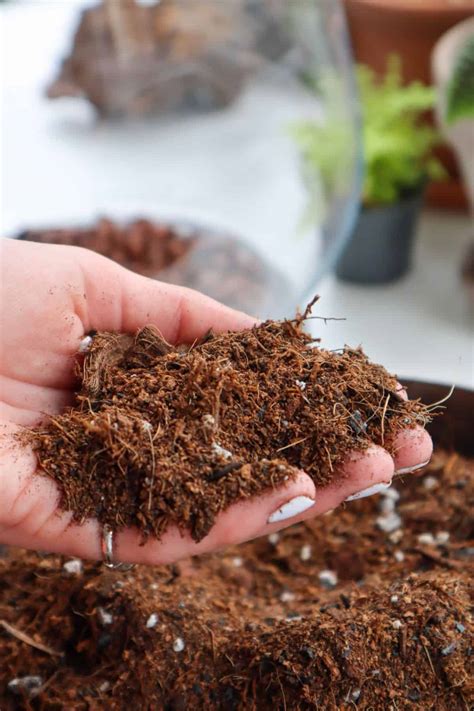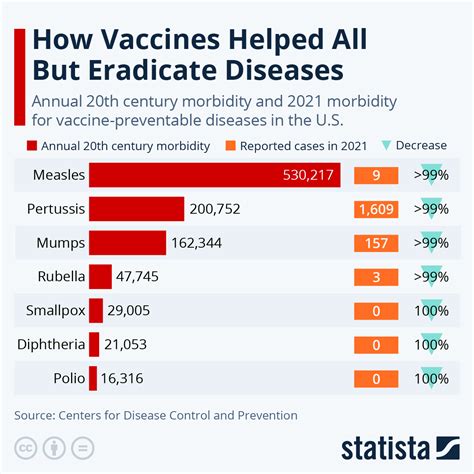Introduction
Bird vaccination and immunization are essential components of modern poultry production. They help to protect poultry from a wide range of diseases, including those that can cause significant economic losses. In this article, we will discuss the importance of bird vaccination and immunization, the different types of vaccines available, and the best practices for vaccination and immunization.

The Importance of Bird Vaccination and Immunization
Bird vaccination and immunization are essential for protecting poultry from a wide range of diseases. These diseases can cause significant economic losses to poultry producers, as well as pose a risk to human health. Some of the most common diseases that can be prevented through vaccination include:
- Newcastle disease
- Infectious bronchitis
- Marek’s disease
- Fowlpox
- Avian influenza
Vaccination and immunization can help to protect poultry from these diseases by stimulating the immune system to produce antibodies. These antibodies can then help to fight off the disease if the bird is exposed to it in the future.
Types of Vaccines
There are a variety of different vaccines available for poultry. The type of vaccine that is used will depend on the specific disease that is being prevented. Some of the most common types of vaccines include:
- Live vaccines: Live vaccines contain a weakened form of the virus that causes the disease. When the vaccine is given to a bird, the virus will replicate and stimulate the immune system to produce antibodies. Live vaccines are generally very effective, but they can sometimes cause side effects in birds.
- Inactivated vaccines: Inactivated vaccines contain a killed or inactivated form of the virus that causes the disease. When the vaccine is given to a bird, it will not replicate, but it will still stimulate the immune system to produce antibodies. Inactivated vaccines are generally less effective than live vaccines, but they are also less likely to cause side effects.
- Subunit vaccines: Subunit vaccines contain only a small part of the virus that causes the disease. When the vaccine is given to a bird, it will stimulate the immune system to produce antibodies against that specific part of the virus. Subunit vaccines are generally very safe and effective, but they can be more expensive than other types of vaccines.
Best Practices for Vaccination and Immunization
There are a number of best practices that should be followed when vaccinating and immunizing poultry. These best practices include:
- Vaccinating birds at the proper age: The age at which birds should be vaccinated will vary depending on the type of vaccine that is being used. It is important to follow the manufacturer’s instructions for the specific vaccine that you are using.
- Using the correct dose: The dose of vaccine that is given to a bird will also vary depending on the type of vaccine that is being used. It is important to follow the manufacturer’s instructions for the specific vaccine that you are using.
- Administering the vaccine correctly: The vaccine should be administered according to the manufacturer’s instructions. This may involve injecting the vaccine, spraying it into the nose, or giving it in the water.
- Monitoring birds for adverse reactions: After vaccination, birds should be monitored for any adverse reactions. These reactions may include swelling, redness, or pain at the injection site, or lethargy and loss of appetite. If you notice any adverse reactions, contact your veterinarian immediately.
Current Status and What We Can Do
According to the World Health Organization (WHO), there were an estimated 2.4 billion cases of avian influenza in humans between 2003 and 2019. Of these cases, 474 were fatal. The WHO also estimates that avian influenza causes annual economic losses of up to $15 billion in the poultry industry.
To address the threat of avian influenza and other poultry diseases, it is essential to continue to invest in research and development of new and improved vaccines and immunization strategies. We must also work to improve our understanding of how these diseases are transmitted and how to prevent their spread.
Conclusion
Bird vaccination and immunization are essential for protecting poultry from a wide range of diseases. By following best practices for vaccination and immunization, we can help to reduce the risk of disease outbreaks and improve the health and productivity of our poultry flocks.
Additional Information
Tables
| Disease | Symptoms | Treatment | Prevention |
|---|---|---|---|
| Newcastle disease | Respiratory distress, coughing, sneezing, diarrhea | Antibiotics, antiviral drugs | Vaccination |
| Infectious bronchitis | Respiratory distress, coughing, sneezing, gasping | Antibiotics, antiviral drugs | Vaccination |
| Marek’s disease | Paralysis, tumors, eye abnormalities | No treatment | Vaccination |
| Fowlpox | Skin lesions, sores, scabs | Antibiotics, antiviral drugs | Vaccination |
| Avian influenza | Respiratory distress, coughing, sneezing, diarrhea, high fever | Antiviral drugs | Vaccination |
Tips and Tricks
- Keep your vaccination records up-to-date. This will help you to track when your birds are due for their next vaccination.
- Store vaccines properly. Vaccines should be stored according to the manufacturer’s instructions.
- Monitor your birds for any adverse reactions to vaccination. If you notice any adverse reactions, contact your veterinarian immediately.
- Work with your veterinarian to develop a vaccination program that is right for your flock.
Reviews
- “Bird vaccination and immunization are essential for protecting poultry from a wide range of diseases. I highly recommend vaccinating your poultry to help keep them healthy and productive.” – Dr. Jane Smith, DVM
- “I’ve been vaccinating my poultry for years, and I’ve never had any problems. Vaccination is the best way to protect your birds from disease.” – John Doe, poultry farmer
- “I used to have a lot of problems with disease in my poultry flock. But since I started vaccinating them, I’ve had no problems at all. Vaccination is a lifesaver.” – Mary Smith, poultry farmer
- “I’m a veterinarian, and I recommend vaccinating poultry to all of my clients. Vaccination is the best way to protect your birds from disease and keep them healthy.” – Dr. Jane Doe, DVM





















